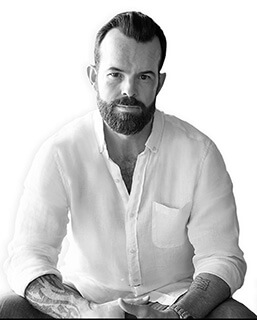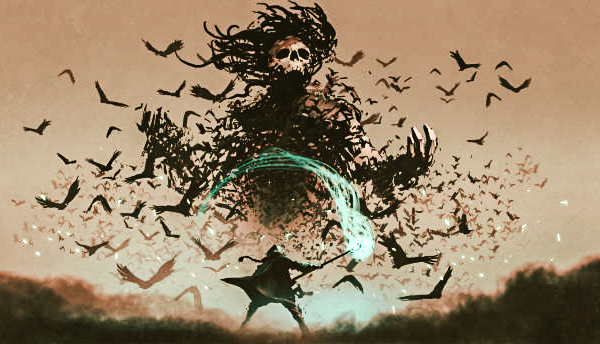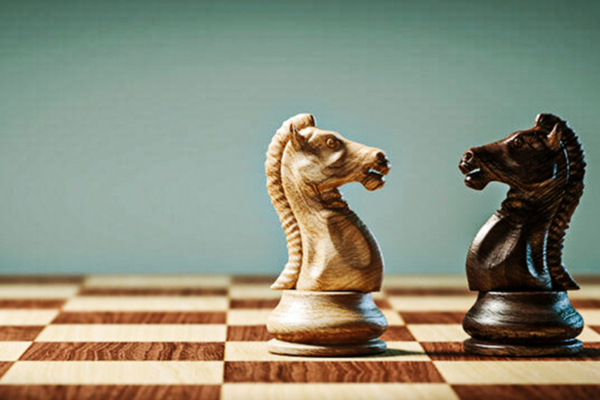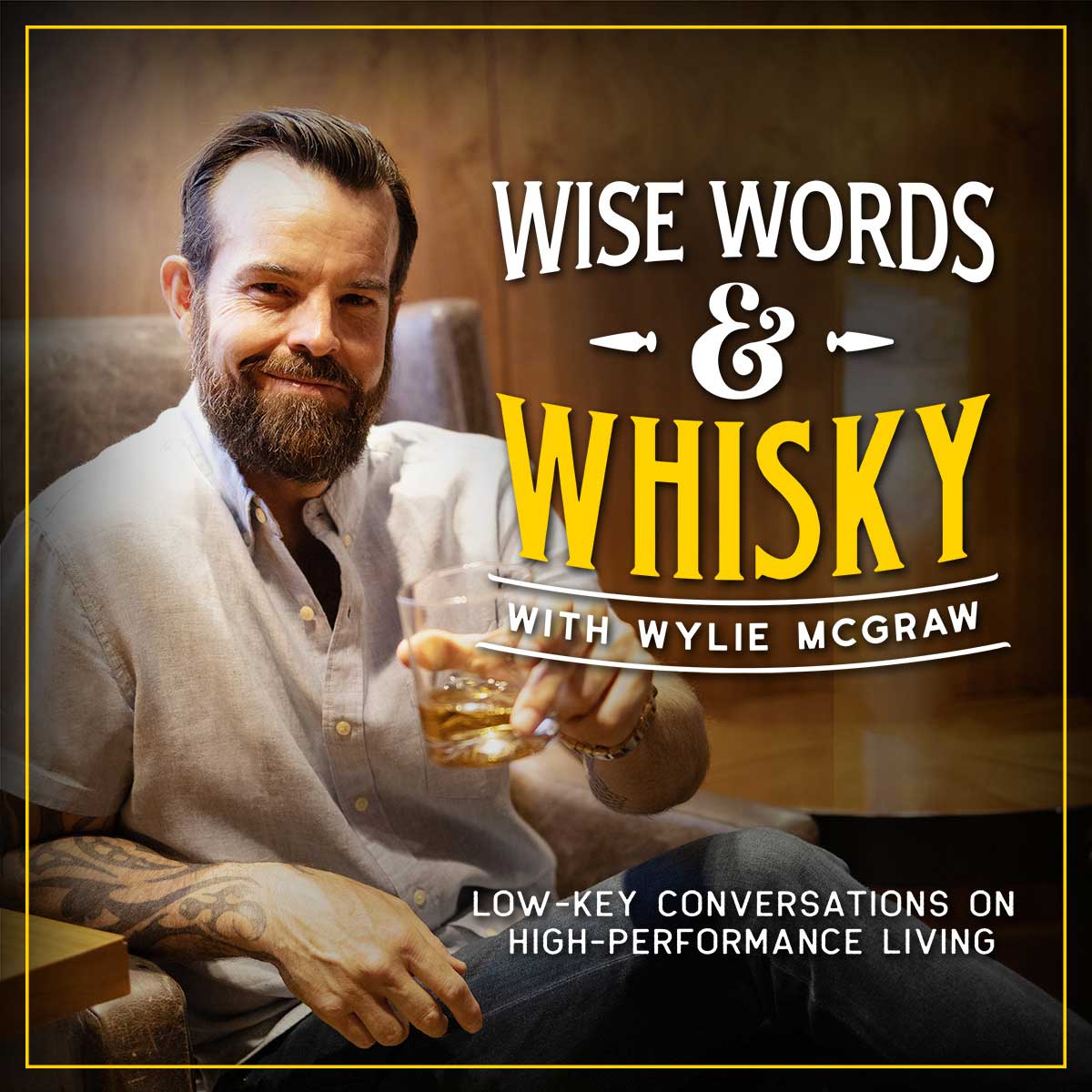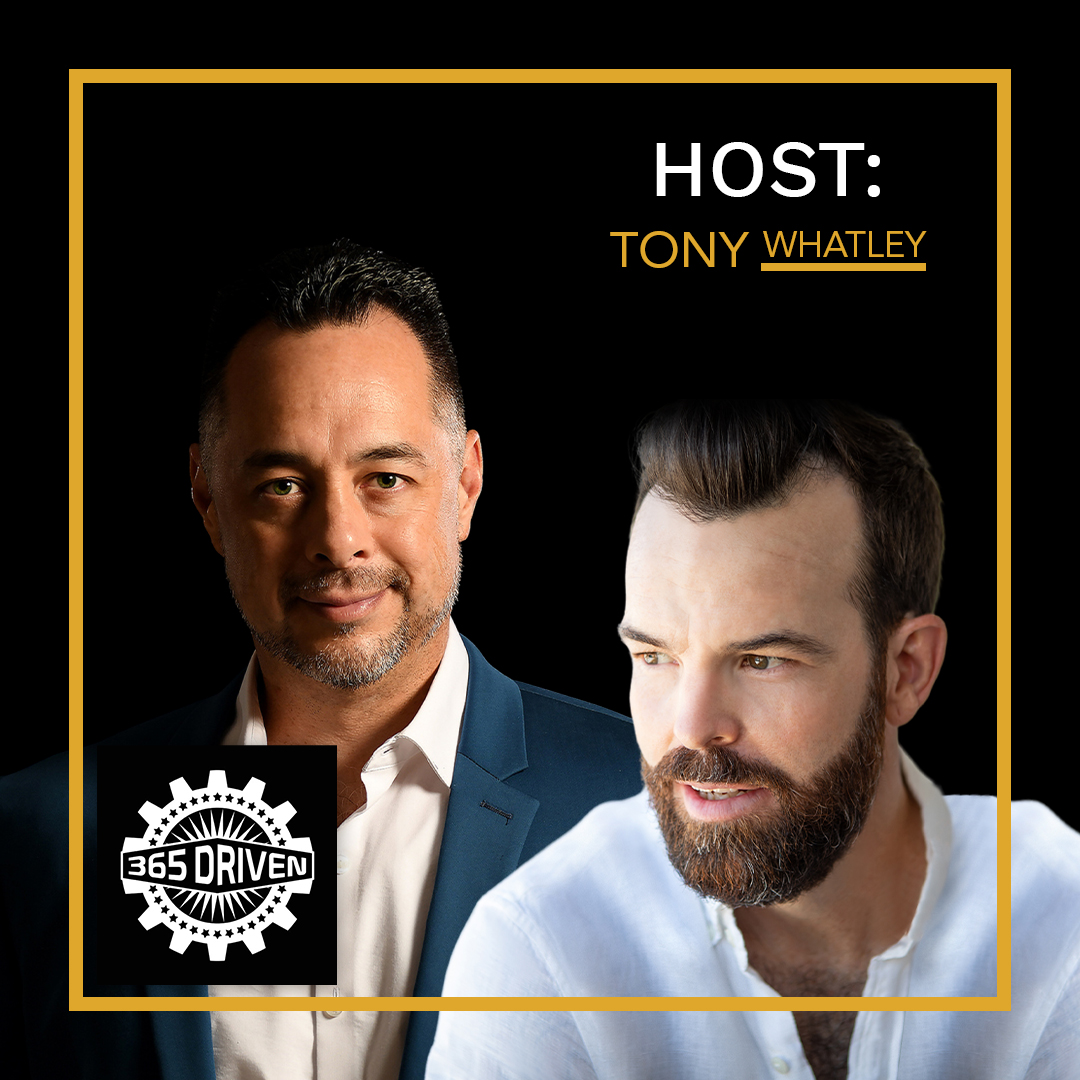As kids, we’re not shamed for emotions, we’re taught how to deal with them. Happiness, anger, frustration, contentment, sadness, jealousy; none are made out to be the villain of the story. All are validated as perfectly okay and healthy to experience, provided whoever’s feeling said emotions takes the time to understand them, to work through them.
Yeah. A world away from what we’re expected to do as adults.
Because instead of being encouraged to actively face our feelings, we’re taught to bottle them up. All of us (especially men) are actively pushed to repress our emotions, to plaster a smile on our faces regardless of what’s happening on the inside. We’re expected to let everything fester and simply hope everything that doesn’t feel good just goes away on its own.
That isn’t how it works though, is it?
No matter how much you try and ignore them, those difficult, rough emotions don’t just vanish into thin air. They’re still there, as present and detrimental as ever. The only difference is now you’re less aware of them, which ushers in a whole new level of frustration and “stuckness” than before.
This is what we want to avoid. But how are we supposed to go about that?
Easy - by using a helpful little tool I like to call “tactical identification”.
For those who haven’t heard me talk about this in the past, tactical identification is essentially a fancy word for recognizing and categorizing the feelings one experiences. It’s all about approaching emotions with calmness and curiosity, investigating - not judging - our internal states to gain an awareness of not just what we’re feeling but also why.
Acquiring this awareness can then enable you to see things more clearly and with more purpose. It can help you move through emotions and phases that no longer serve you, and tactically address any issues before they grow into the huge, monstrous problems that cause chronic mental illness, unresolved resentments, interpersonal conflict, burnout, and more.
However, our current society seems dead set on resisting this.
It regards the simple acts of verbalizing our emotions and communicating our needs as a sign of fragility. For men, it’s seen as “unmanly” and “weak” - something woo-woo that no “real man” would be caught doing.
There’s a stigma and an air of inferiority surrounding men and their emotional experiences. Our culture would much rather it all boil over and turn into misplaced rage than witness a man recognize the gamut of his feelings.
But I say: fuck that.
There’s a lot more to being a man than being stoic and emotionally unavailable.
There’s a lot more to being human than repression and dysfunction.
It’s necessary to feel - even those emotions that don’t sit quite as nicely as others. It’s necessary to recognize when you’re angry or hurt or disappointed and it’s required of you to embrace that discomfort. We have to give ourselves permission to stand in our feelings - any feelings - and let ourselves become accustomed to the unease that so often follows.
That is how we grow. That is how we move forward, how we find resolutions in a world that never stops sending us more challenges.
Life is hard. It’s full of unpleasant experiences and unfortunate situations. You can’t bypass or circumvent that; not with ego or sheer-willpower or whatever else you believe to be the hidden key.
There’s no lack of happiness. All you can do is roll with the punches and take one step at a time. Feel your emotions, all of them, rather than fight them.
You’ll be surprised by the empowerment that comes along in doing so.
